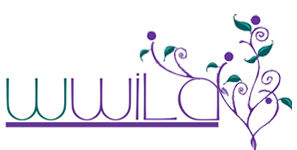Man with autism unable to tell doctors he was conscious during surgery now training medical staff
By disability affairs reporter Nas Campanella and the Specialist Reporting Team’s Celina Edmonds
A Queensland man with autism has described how he was conscious throughout surgery after the anaesthetic did not work, and has called for better training on how to support patients with a disability.
Key points:
- Research in 2019 showed people with an intellectual disability were four times more likely to die in hospital
- An expert told the royal commission better training needed to start at a university level
- Corey Burke is working to train medical professionals to better understand people with a cognitive disability
Corey Burke, 25, who also lives with an intellectual disability, gave evidence to the disability royal commission he was not allowed to have his mentor with him during pre-operation care.
“I was still conscious and tried to tell them, but they did the operation anyway,” Mr Bourke said.
Mr Burke told the inquiry his mentor, Gary, would “keep him calm” prior to any surgery but on this occasion the anaesthetist asked the mentor to leave the room.
Mr Burke said his adrenaline would often rise prior to surgeries and his body would fight off anaesthetic.
“People with special needs need a little extra care, especially if they get anxiety or nervous,” Mr Burke said.
“If a person is having a meltdown, it may not be part of their disability and it isn’t because they’re a bad person.”
Mr Burke said health professionals needed to understand the importance of tools that could support people with disability during their treatment.
He told the inquiry he used a “toolkit”, which included a safety blanket and other sensory items, that helped his anxiety. He said these should be allowed in hospitals.
Click on link to read the rest of article:

